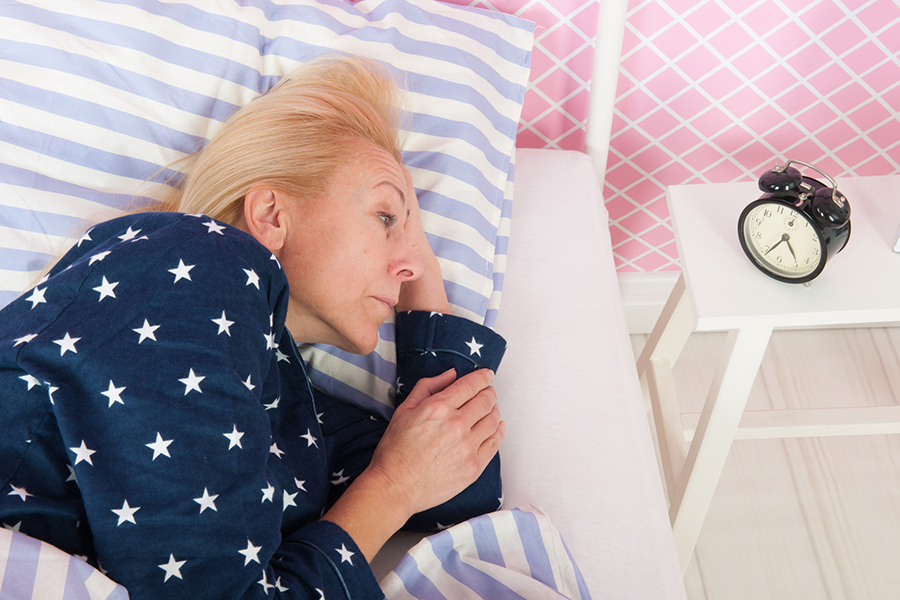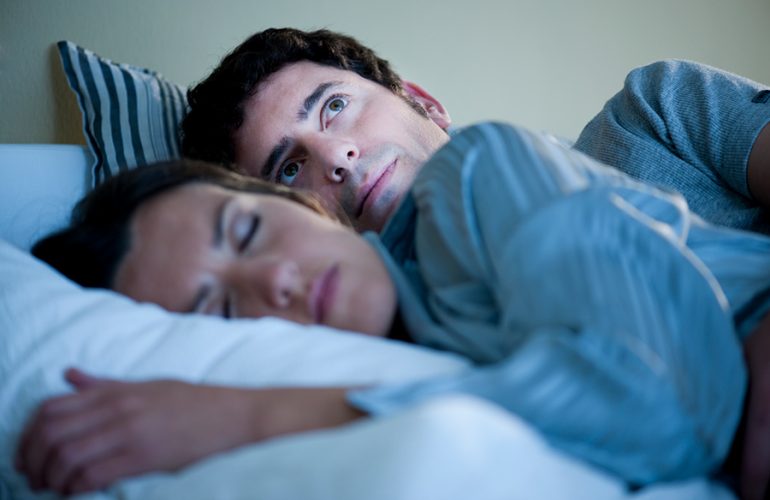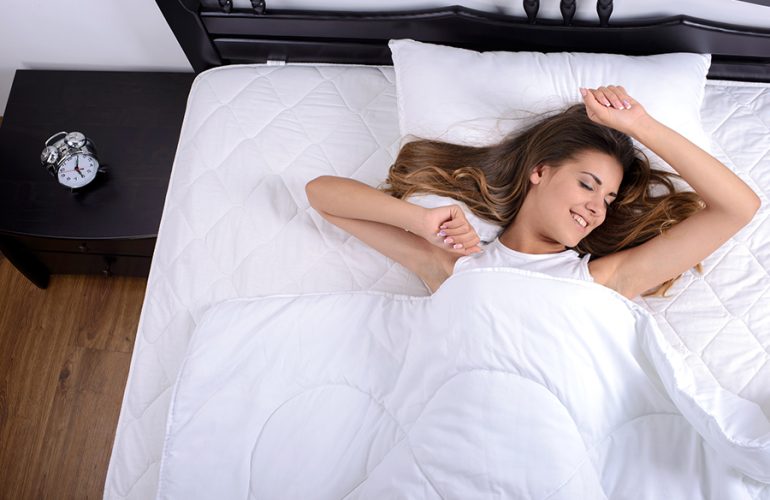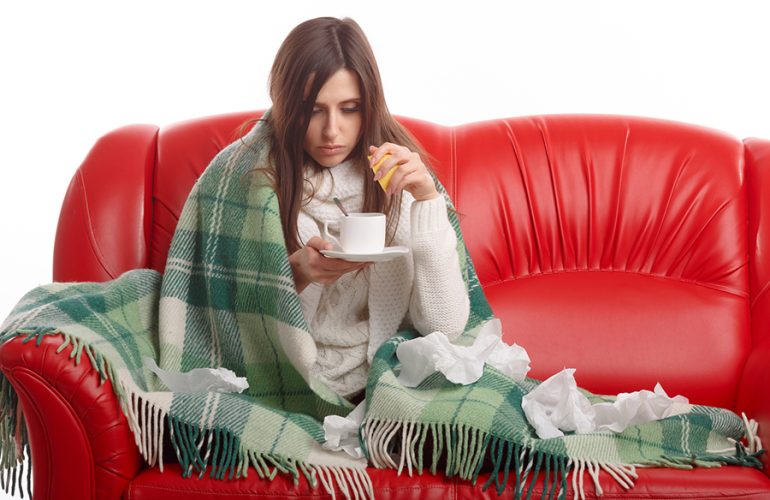[seasidetms_row][seasidetms_column data_width=”1/1″][seasidetms_text]
Sleep can actually influence – and be influenced by – your health and other health conditions as you move through menopause. Before we go into some statistics and other facts related to the menopause/sleep connection, let’s first define what we’re talking about when we say “sleep disturbance.”
Sleep disturbance can cause any of the following:
- Fatigue during the day
- Impact your overall daily functioning
- Issues with one’s sense of wellbeing
- Overall quality of sleep (i.e. the non-restorative factor)
- Reduced total sleep time
- Difficulty staying asleep/awakening during the night
- Difficulty getting to sleep
- Early morning awakening
Contrary to popular belief, such sleep disturbances are common during the perimenopause, menopause and post-menopause stages, with statistics we’ve looked at suggesting some 28 to 63-percent of women experience sleep disruptions during this condition. Truth be told, differences in the way that studies have measured sleep disruption may account for the wide range; self-reporting tends to reveal underestimation of total sleep time and number of arousals, with overestimation of time taken to fall asleep compared to sleep studies conducted in the sleep labs that monitors the brain waves.
Overall, though, studies that our board-certified sleep specialist in Kansas City at Sweet Sleep Studio has looked at consistently show increased likelihood of sleep issues during the menopausal transition and a close association with the presence of sweats and so-called “hot flashes.”
What are the causes of menopause related sleep issues?
- Hormones – The menopausal decline of estrogen contributes to disrupted sleep by causing menopausal symptoms from sweats and hot flashes (known as vasomotor symptoms), anxiety, depression, anxiety leading to trouble sleeping and depression leading to non-restorative sleep/early morning wakening.
- Sleep Apnea – While this has been considered a sleep disorder associated mainly with men, this viewpoint is changing; menopause has been directly linked to increased risk of sleep apnea, and it appears to be more common in women who have undergone surgical menopause compared to those who have experienced it naturally.
- Restless Leg Syndrome – Women are twice as likely as men to experience this symptom, one which is accompanied by tingling, “creepy crawly” sensations in their legs at night; one study of RLS patients that our sleep medicine doctor looked at found 69-perent of post-menopausal subjects perceived their symptoms as worse than before menopause.
From Healthline
Healthline recognizes every woman’s menopause experience is different, managing the challenges caused by hormonal changes can be both frustrating and isolating. Women already suffer from increased sleep loss due to external stress caused by the pandemic and that’s why we created this guide specifically to support women also going through menopause:
https://www.healthline.com/
Given how common sleep issues are in women transitioning in/into menopause we made a point of including:
- An in depth look at the connection between menopause and insomnia
- Advice on managing sleep through different dietary and herbal remedies
- What to expect during menopause and how to manage your sleep accordingly
With Sweet Sleep Studio, the sleep specialist Kansas City has been waiting for, in your corner, you can get the night’s rest you so truly deserve. Sweet Sleep Studio and its board-certified sleep medicine specialist, Dr. Abid Bhat, remains a go-to resource, and our experts are standing by to answer any questions about sleep health that you may have. Contact us today at (913) 309-5963 if you have been experiencing menopause related sleep issues.
[/seasidetms_text][/seasidetms_column][/seasidetms_row]




